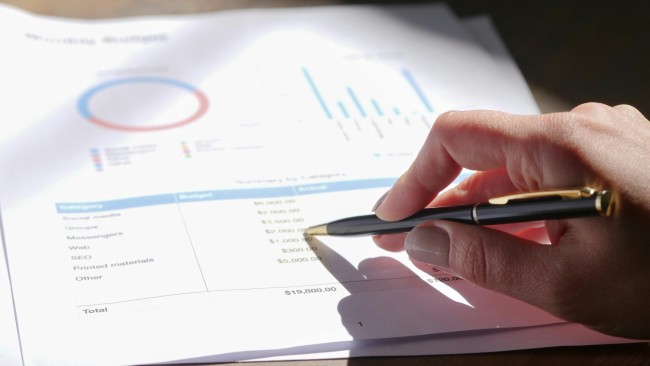Why Manual Spreadsheets Are a Thing of the Past

Savvy tools are modernising people’s money management, sorting bad old habits for state-of-the-art clarity. Greater economic complexity and the higher cost of living are quickly making older methods appear antiquated.
Spreadsheets once gave one an illusion of control. Formulae, highlighter-colored cells and columns allowed one to define monthly expenditures. But finance has accelerated and inflexible tools cannot keep up.
Antiquated Instruments in a Changing World
Money really does not circulate the same way anymore. Daily payments are made via apps, cards, payments from your banking account and subscription payments. You cannot manage all this manually. Mistakes are easy. An omitted payment or an incorrect entry can set the entire budget awry.
Traditional spreadsheets really need constant focus. They need updating, checking and editing. Some errors can lead to wrong assumptions if things get too hectic. A spreadsheet does not know there has been an increase because of a standing order or renewal because of a subscription.
That kind of lag really does count. A budget weeks or days behind may give you false comfort or hide financial troubles too significant to be concealed.
Budgeting isn’t accounting and being ahead of the curve isn’t being behind. A late-to-market tool may be doing as little damage as doing little good.
Insight Meets Automation
Finance software these days does something greater than just track expenses. They look ahead. Most connect to checking and investment accounts and input transactions automatically. You won’t be cutting and pasting from statements or searching through receipts.
A good budgeting app also becomes clear in minutes. The software sorts expenses after being connected to accounts, revealing trends and patterns. It doesn’t need anything entered manually; it’s all there to be examined.
Having an app like this prevents surprises. Give budgets to things like groceries, transportation or entertainment. Keep track of spending minute by minute. It’s there within an instant if something’s off.
Specific programmes also allow one to set personal rules. For example, spending over £50 on clothing can trigger an alert. Or an income allowance for savings can be made automatically. Little things add up to something eventually.
Real-time Alerts and Custom Categories
Computer software allows individuals to customise how they view money. The headings may be renamed, combined or divided to make them specific to everyday living.
In addition to this, the tools now also provide warnings and impulsive spending can be caught. You might receive a notification after one night of going on a spree. It can translate to better habits the next time around. It isn’t discipline—it’s all awareness.
Spreadsheets won’t. They won’t argue back. A budget program may. It will say back as things change. And this matters—a great deal, at least where expenses are rising and pennies are being pinched.
The immediacy enables money habits to be changed in real time. The budget isn’t viewed later, but changes occur now.
Tracking of Net Worth and Financial Forecasting
Managing your finances really isn’t just about spending less. It’s also looking at the big picture. The new personal finance program shows net worth—all owned versus all owed. The savings, the pensions, the debts and the investments are all in one place.
It tells individuals where they really are. An increase in net worth is better. A decrease may be a signal that something needs to be changed.
Even better, there are also those tools that look ahead. The future balances are projected using history. Rent next week? That has already been factored in. Payday next week? The app already knows it and what’s more, it awaits it.
Predicting comes with a lot of freedom and learning how today’s choices impact next month’s balance instils long-term thinking into daily decisions, permitting one to plan, as opposed to being reactive. Stress decreases and one becomes more confident with economic decisions.
Spreadsheets can only approximate and never predict in real-time. That’s quite a difference.
Accessibility, Security and the New Financial Normal
The latest budgeting software is available on smartphones and tablets. You don’t require your quiet room or laptop to pay money with cheques. They occur in the queue, on the train or while walking with the dog.
That flexibility adds up. It keeps budgeting part of daily life—not an activity done only on Sundays.
Security is also high. The platforms are encrypted and never hold banking passcodes. Most of them connect through safe protocols already existing at banks. They show the money but never handle it.
There also tends to be less friction because the app runs once installed and stays running in the background. Day-to-day operations proceed uninterrupted because of the self-refreshing budget.
Practical. This new approach to managing finance is. It’s perfect for people’s lives—busy, moving around and plenty of accounts to deal with. A budgeting program does this. A spreadsheet does not.
For those with side work, freelancing or child support payments, centralising finances frees up hours of stress each month.


